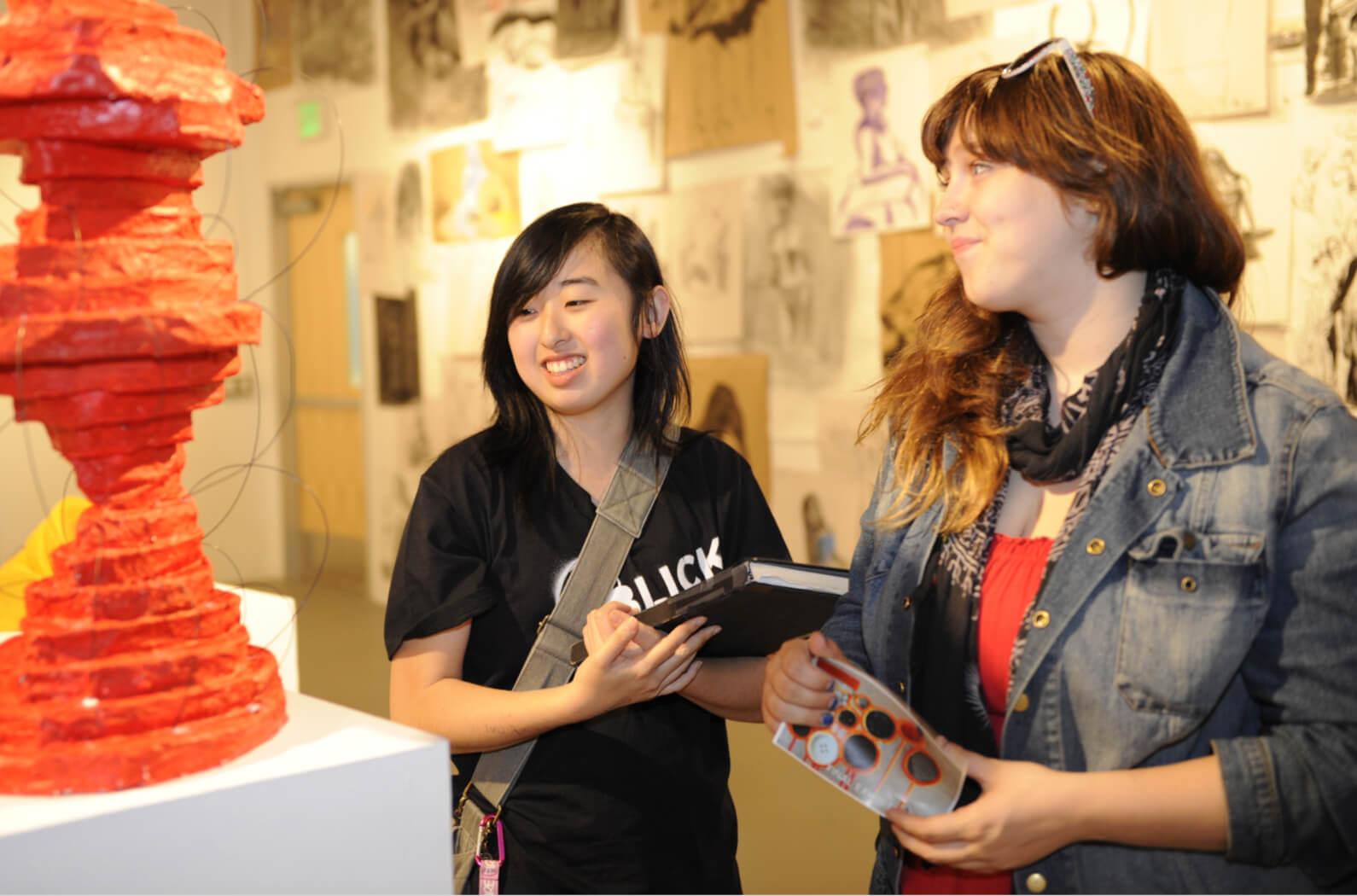
Public Art Career Development
About the Course
No materials needed for this course. Notebook or laptop for notes recommended.
9
This lecture-style course is designed for people interested in transitioning to public art projects. We will cover how to expand your portfolio with temporary public works as well as assembling RFQ’s (Request for Qualifications) for permanent pieces. Discussions focus on applying for projects, what to expect when making it to a finalist presentation, budgeting, working with subcontractors, insurance needs, invoicing, business licenses and working with industrial processes appropriate for permanent works. Optional component - create a proposal or portfolio packet in your own time alongside this course to receive feedback on.
Learning Outcomes:
Understanding Public Art
- An overview of the history, types, and significance of public art.
Career Pathways
- Exploring different career options and pathways in the field of public art.
Portfolio Development
Creating and curating a professional portfolio showcasing public art works.
Rosters
- Multiyear, pre-vetted lists that organizations use for picking public artists.
Presentation
- Expectations as a finalist for a permanent public work.
Project Management
- Skills for managing large-scale public art projects from conception to completion.
Community Engagement
- Strategies for involving and collaborating with community stakeholders.
Site Analysis and Selection
- Conducting site assessments and selecting appropriate locations for public art.
Material and Medium Selection
- Choosing suitable materials and mediums for durability and impact in public spaces.
Working With Subcontractors
- Picking a subcontractor or fabricator and expectations of the relationship.
Installation Techniques
- Practical skills for installing public art, including safety and logistics.
Business Needs
- Business licenses, insurance, invoicing and taxes.
Legal and Ethical Considerations
- Understanding contracts, copyrights, and ethical issues in public art.

